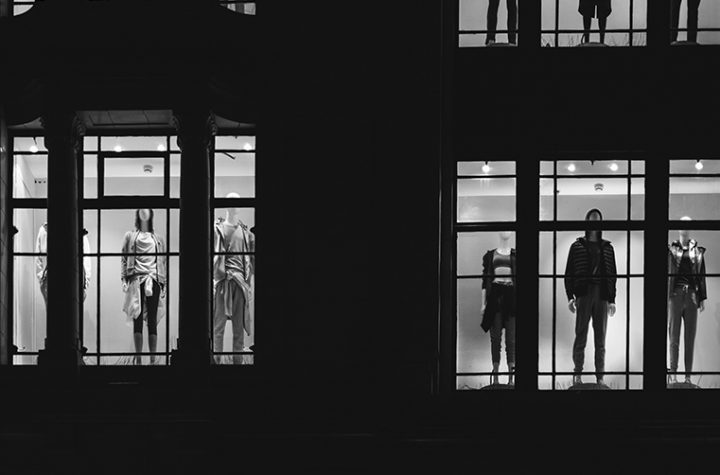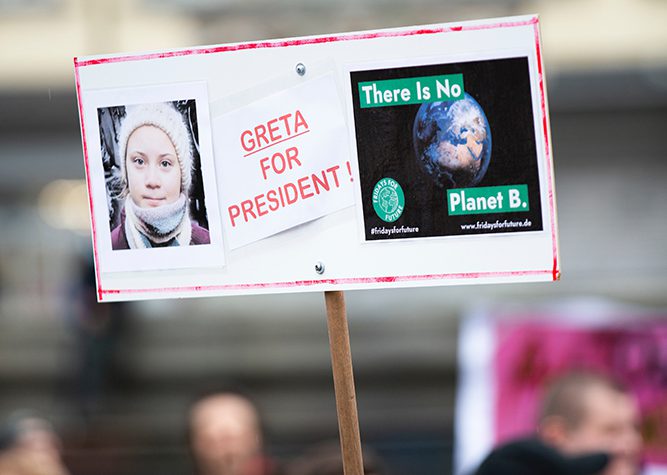
The spread of China’s mysterious, deadly coronavirus could accelerate rapidly as hundreds of millions prepare to travel home for the Lunar New Year holidays this week, as citizens bemoan the inadequate measures authorities are taking so far.
The country is scrambling to halt the spread of 2019-nCoV, also known as the Wuhan virus. The infection originated in a seafood and meat market in Wuhan, a large city in central China.
Three people in the city have died from the illness, local health authorities said. The total number of infections in the country was 217 on Monday, according to Reuters.
The virus has also spread to the Chinese cities of Beijing and Shenzhen, as well as South Korea, Thailand, and Japan.
Not much is known about the Wuhan virus, apart from the fact that it has pneumonia-like symptoms — like a fever and difficulty in breathing— and has been identified as a strain of coronavirus infecting the nose, throat, or sinuses. It has also been likened to severe acute respiratory syndrome, or SARS.
Experts warn the virus could be further spread by human-to-human contact, though the World Health Organisation has said that animals appear the most likely source of the outbreak.
The Huanan Seafood Wholesale Market in Wuhan, China, which was sealed off after being identified as the epicenter of the new coronavirus.
Photo by Noel Celis/AFP via Getty Images
Health authorities across Asia are ramping up measures to spot and contain people carrying the disease, with medics in Hazmat suits taking passengers’ temperatures before planes can fly from Wuhan, and various airports increasing health screenings of people traveling from China.
The US Centers for Disease Control and Prevention (CDC) are screening incoming passengers from China at airports in New York, Los Angeles, San Francisco, as are health authorities in Hong Kong, Singapore, and Tokyo.
Chinese President Xi Jinping also called for increased focus on the disease, saying in a statement cited by state TV: “People’s lives and health should be given top priority and the spread of the outbreak should be resolutely curbed,” according to Reuters.
Mask sales have also surged in Wuhan, with one employee at a Beike Drug Store branch telling Reuters demand had grown ten times than before the outbreak. (It’s not entirely clear, however, if masks provide effective protection against the disease.)
Medical staff carry a box by the Jinyintan hospital in Wuhan, which houses patients with the Wuhan coronavirus, on January 10, 2020.
Reuters
‘Largest annual human migration in the world’
But many citizens say this is far from being enough, and fear the spread of the disease could get infinitely worse as the holiday season approaches.
Hundreds of millions of Chinese citizens are preparing flock home for Lunar New Year — also known as Chinese New Year — this week, mostly via trains, planes, roads, and ferries, both domestically and internationally. The first day of the New Year is on Saturday.
Lunar New Year travels have been described as the “largest annual human migration in the world,” and this year’s traffic could get especially bad as the holiday overlaps with university winter holidays.
Passengers waiting to board trains at Shanghai’s Hongqiao Railway Station ahead of the Chinese Lunar New Year in February 2018.
Aly Song/Reuters
“It’s highly likely we’ll see this virus spread given that it appears there’s some form of human-to-human transmission and given the scale of travel in the lead-up to Chinese New Year,” Alexandra Phelan, a faculty research instructor in microbiology and immunology at Georgetown University, told CNBC Monday.
“Looking further on, I think we’re likely to have cases around China and also there will likely be cases in other countries as people travel.”
Jeremy Farrar, a specialist in infectious disease epidemics at the Wellcome Trust health charity, also told Reuters: “There is more to come from this outbreak.”
Last week scientists from Imperial College London warned that the disease may have infected more than 1,700 people already, more than 35 times the official total at the time.
A man leaves a medical center in Wuhan, China, where at least one patient died after contracting a new and little-understood respiratory virus.
Noel Celis/AFP via Getty Images
‘There must be no concealment’
Though authorities have vowed to ramp up health screenings, such facilities still appear to be lacking in many major travel hubs.
There were no infrared temperature cameras to detect elevated body temperatures at the busy Beijing West railway station, and only half of the people there were wearing face masks, Reuters reported.
Just having thermal scanners isn’t enough, either. Professor Allen Cheng, a infectious diseases physician at Australia’s Monash University, said: “Evidence suggests that entry screening (e.g. thermal scanners) aren’t very effective at identifying people with new viruses.”
“This is because border screening isn’t very sensitive (people with infection don’t always have a fever when they pass the scanner) and aren’t specific (most people with a fever will have another infection, like influenza).”
Screenshots of a video showing medics scanning plane passengers for symptoms of the Wuhan virus.
Chinese social media via David Paulk/Twitter
Cheng added that instead, people entering countries should be told what to look out for and where to find medical help. But many people in China have complained of a lack of such guidance.
One person wrote on popular microblogging platform Weibo: “I have to search on Weibo by myself for all the new developments — no notice from schools, companies or the compound where I live,” according to Reuters.
“So ignorant, so fearless, so arrogant,” another person said, according to the news agency.
A man pushes his luggage as a child sits atop with a mask at the Beijing West Railway Station, ahead of Chinese Lunar New Year, on January 20, 2020.
Reuters
Even the Global Times, a state-run tabloid that effectively functions as a Communist Party mouthpiece, called on the government to increase transparency about the virus.
It said in a Sunday opinion piece: “All relevant information must be notified to the public, and there must be no concealment. Concealment would be a serious blow to the government’s credibility and might trigger greater social panic.”





More Stories
US star Megan Rapinoe tells BBC Sport about how taking a knee jeopardised her international career, and what the future holds for women’s football.
Australia’s corporate watchdog is in limbo as the Morrison government awaits the Thom review before deciding the fate of both ASIC and its chairman, James Shipton.
Researchers at Columbia Engineering found that alkali metal additives, such as potassium ions, can prevent lit